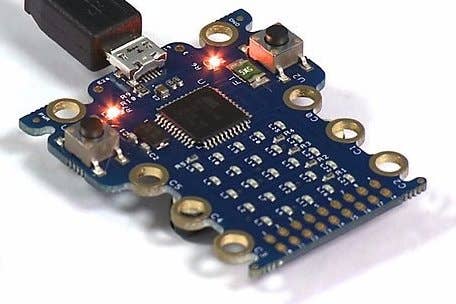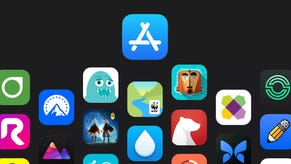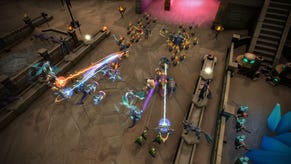BBC will give 1 million coding devices to British kids
Make It Digital initiative will also herald a dramatisation of the making of Grand Theft Auto
The BBC is seeking to evoke the spirit of the BBC Micro with a new initiative to nurture and inspire a new generation of programmers.
"Make It Digital" is the name being applied to a clutch of forward-thinking activities designed to address a shortfall in skills required by digital industries. The sector needs 1.4 million professionals over the next five years, according to the BBC, and Britain isn't yet in a position to provide them.
The most striking aspect of the initiative will be the distribution of a wearable coding device called "Micro Bit" to every year 7 student - spanning ages 11 to 13 - in the country, amounting to 1 million devices in total. The Micro Bit is still in development, but it will be available this autumn. The BBC hopes it will serve as a springboard to more advanced coding devices, like Raspberry Pi.
There will also be a major, nine-week traineeship programme - "the largest of its kind" - which will have room for up to 5,000 young unemployed people.
"This is exactly what the BBC is all about - bringing the industry together on an unprecedented scale and making a difference to millions," said Tony Hall, director-general of the BBC, in a statement.
"Just as we did with the BBC Micro in the 1980s, we want to inspire the digital visionaries of the future. Only the BBC can bring partners together to attempt something this ambitious, this important to Britain's future on the world stage."
For those who don't fit the criteria mentioned above, there will also be a season of television and online activities to promote Make It Digital. The most exciting part of this, by a long distance, is a BBC Two drama about the making of Grand Theft Auto. Think David Fincher's The Social Network and you'll be close to the intention.









